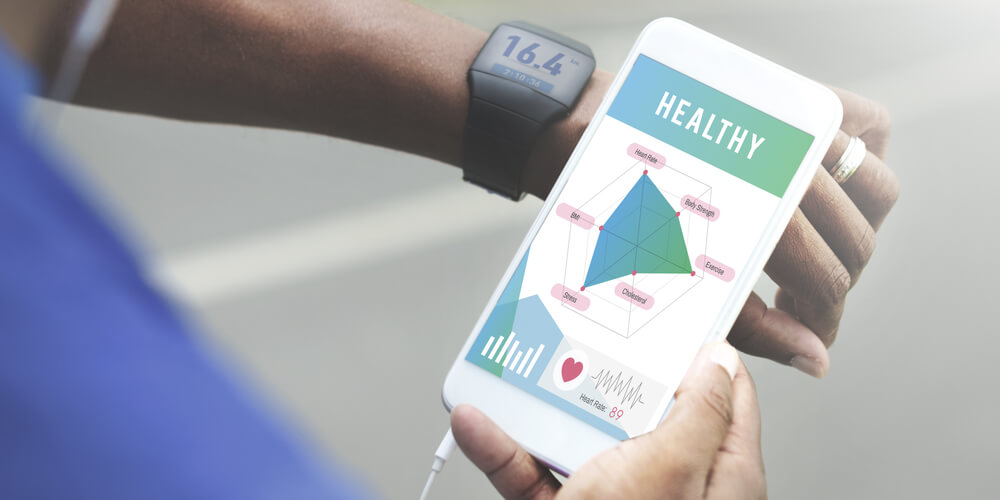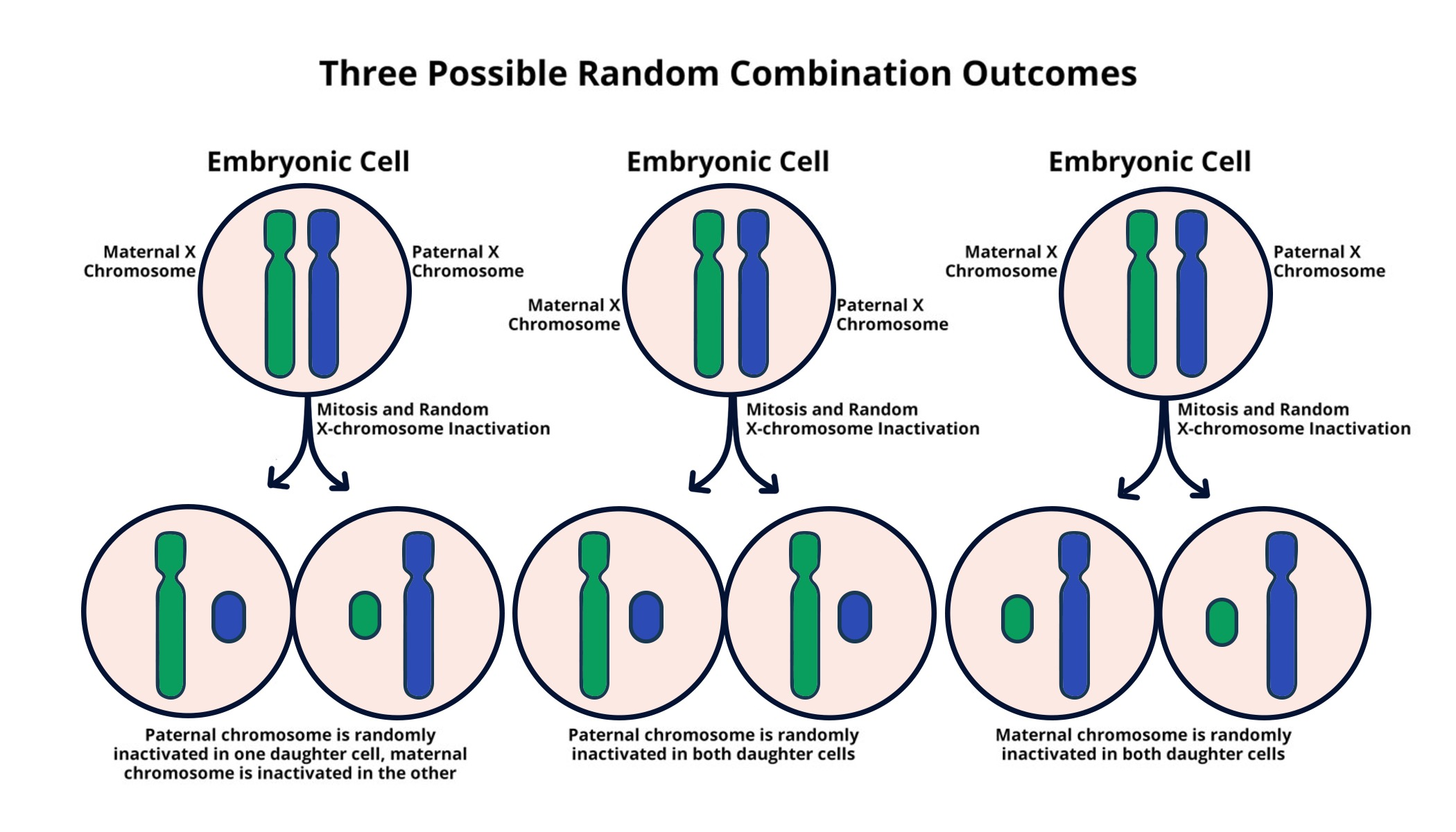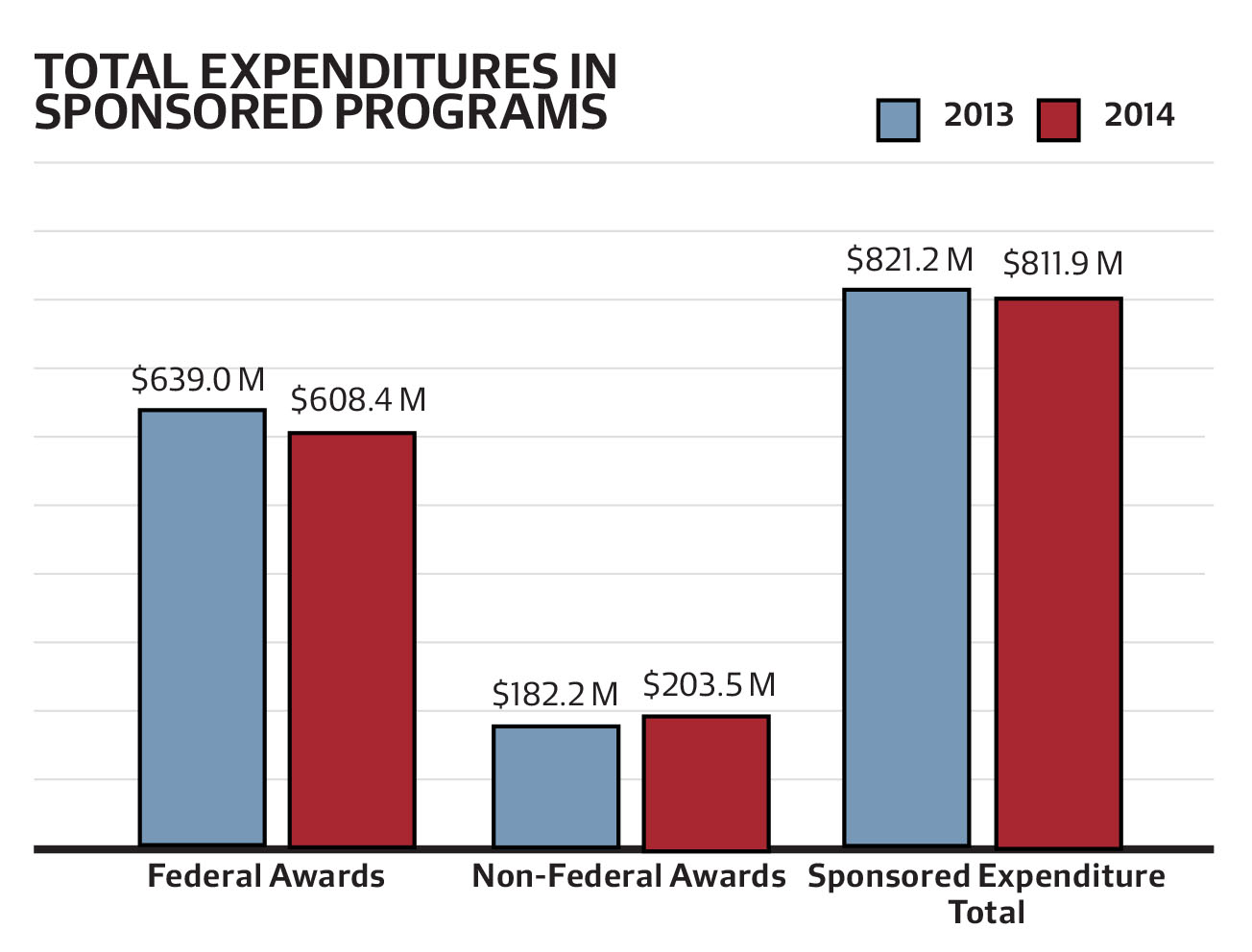In the realm of modern medicine, healthcare apps for cancer patients have emerged as vital digital companions, revolutionizing the way support is provided during treatment. These innovative applications leverage cutting-edge technology to offer cancer patient support that is personalized and adaptable, ensuring that users receive the right interventions at the right time. Utilizing reinforcement learning in health, these apps analyze individual behaviors and needs, delivering just-in-time adaptive intervention that enhances patient adherence and well-being. With features akin to a digital health coach, these apps empower users to manage their medications and health routines effectively, bridging gaps in traditional healthcare. As the landscape of cancer care evolves, the integration of personalized healthcare apps promises to transform the patient experience, making recovery more manageable and connected.
Innovative digital health solutions are revolutionizing cancer management by providing tailored support to individuals battling this challenging disease. With the rise of specialized applications designed for oncology, patients can now benefit from a range of personalized healthcare apps that adapt to their unique needs and preferences. These tools harness advanced algorithms to offer just-in-time adaptive intervention, ensuring that users receive timely encouragement and reminders for medication adherence. Acting as a digital health coach, these applications create a supportive environment for cancer patients and their caregivers, fostering better communication and engagement in the treatment process. As technology continues to advance, the integration of such applications into cancer care is becoming increasingly essential for enhancing patient outcomes.
The Role of Healthcare Apps for Cancer Patients
In today’s fast-paced digital world, healthcare apps for cancer patients are revolutionizing the way individuals manage their health. These innovative applications leverage technology to provide tailored support, ensuring that cancer patients receive the necessary assistance throughout their treatment journey. By utilizing sophisticated algorithms, these apps adapt to the specific needs of the user, promoting adherence to medication schedules and enhancing emotional well-being. This is particularly crucial for patients undergoing stem cell transplants, as they often face numerous challenges, including severe side effects and the need for constant support.
Furthermore, applications designed for cancer patient support integrate features such as medication reminders, motivational prompts, and even social networks to enhance peer support. As indicated by Susan Murphy, these tools go beyond traditional, one-size-fits-all approaches to healthcare. Instead, they aim to provide ‘just-in-time adaptive interventions’ that respond to the user’s real-time needs, making them an invaluable resource for caregivers and patients alike. The potential benefits are immense, as personalized digital health solutions allow patients to manage their treatment regimens effectively and maintain a connection with their support networks.
How Reinforcement Learning Enhances Personalized Healthcare
Reinforcement learning is emerging as a pivotal technology in the realm of personalized healthcare apps. By utilizing this advanced machine learning technique, developers can create applications that learn from each interaction with the user. This ensures that the support offered is not only relevant but also timely, significantly improving patient engagement and adherence to their healthcare plans. For instance, the algorithms crafted by Susan Murphy’s lab are designed to analyze previous user behaviors and outcomes, adjusting notifications and reminders accordingly, thereby creating a truly personalized experience.
The impact of reinforcement learning goes beyond just adherence; it fosters a deeper understanding of patient behaviors, which can lead to more effective interventions. By consistently analyzing patterns, these digital health coaches can provide insights that inform users about their progress and areas needing improvement. This innovative approach to healthcare is paving the way for apps that are not only reactive but also proactive in addressing the challenges faced by cancer patients, thereby enhancing the overall effectiveness of treatment protocols and improving quality of life.
The Benefits of Just-In-Time Adaptive Intervention
The concept of just-in-time adaptive intervention represents a significant breakthrough in how healthcare support is delivered to cancer patients. Instead of relying on generic, pre-scheduled notifications, this method tailors prompts based on the individual’s current situation and past behaviors. For example, a patient may receive a motivational message exactly when they are most at risk of neglecting their medication due to emotional distress or fatigue. Such a responsive approach not only aids in adherence but also enhances the user’s emotional resilience during their treatment journey.
By incorporating just-in-time adaptive interventions, healthcare apps can create a more dynamic and supportive relationship between patients and their technology. This mechanism is particularly beneficial for cancer patients who often experience fluctuating health conditions. Support is provided at critical moments, making the user feel understood and supported. Moreover, such interventions often involve family caregivers, who play an essential role in management. This synergy between technology and personal support enhances the chances of positive treatment outcomes and reinforces the importance of a collaborative healthcare approach.
Digital Health Coaches and Their Impact on Cancer Patients
Digital health coaches represent an innovative approach to supporting cancer patients throughout their treatment. These apps provide continuous engagement through personalized interventions that foster a supportive environment for users facing the complexities of their health challenges. By leveraging technologies such as reinforcement learning, these digital coaches can adapt their support based on the user’s feedback and experience, making them more effective than traditional health apps.
These apps not only assist patients in adhering to their medication schedules but also contribute to their mental health by encouraging interaction with peers and caregivers. The engaging features often included in these platforms, such as games, reminders, and motivational prompts, help build a supportive community around the patient. The presence of a digital health coach in a patient’s pocket can be a game-changer, providing immediate support and reducing feelings of isolation often experienced during cancer treatment.
Leveraging Technology in Cancer Patient Support
In the modern healthcare landscape, technology plays a pivotal role in the support systems available for cancer patients. By utilizing mobile apps that incorporate advanced algorithms, healthcare providers can offer solutions that are not only timely but also highly personalized. Such innovations can lead to improved adherence to treatment regimens, which is particularly vital given the complex nature of cancer care. As highlighted in recent studies, technology can bridge gaps in communication between patients, caregivers, and healthcare professionals.
These technological advancements also enable healthcare systems to collect critical data on patient behaviors and outcomes, forming a feedback loop that enhances the quality of care over time. The integration of data analytics into cancer patient support apps aids in identifying trends that inform personalized care strategies, making these tools indispensable for effective health management. As cancer treatment becomes increasingly dynamic, leveraging technology will be crucial in ensuring patients receive the right support at the right time.
The Future of Mobile Health Apps in Oncology
The future of mobile health apps in oncology promises a more integrated and responsive healthcare system. With advancements in artificial intelligence and data-driven insights, we can expect to see applications that not only track medical adherence but also predict the needs of cancer patients based on their health status and environmental changes. This evolution points toward a healthcare model where technology proactively supports patient health rather than merely reacting to requests for help.
As the field of oncology continues to grow, the incorporation of mobile health apps tailored specifically for cancer care will be essential. These tools will aid in managing complex treatment plans while addressing the psychosocial needs of patients and their families. Through continual innovation and collaboration among researchers, clinicians, and technology developers, the potential for mobile health apps to improve cancer patient outcomes is vast, heralding a new era in personalized healthcare.
Enhancing Support for Caregivers in Cancer Treatment
Caregivers play a crucial role in the journey of cancer patients, often shouldering significant responsibilities related to health management and emotional support. Recognizing this, next-generation healthcare apps are designed to include features that specifically assist caregivers, providing them with tools and resources to manage their roles effectively. Personalized reminders, educational materials, and real-time communication with healthcare providers empower caregivers, enhancing their ability to support their loved ones through challenging treatments.
Mobile health technology for caregivers not only alleviates their burden but also strengthens the overall support network for cancer patients. Apps that facilitate collaboration between patients and caregivers foster a more cohesive treatment process, ultimately leading to better health outcomes. By acknowledging and addressing the needs of caregivers, healthcare innovations are promoting a more holistic approach to cancer treatment, ensuring that both patients and their support systems are equipped to navigate the complexities of the healthcare landscape.
The Importance of Continuous Learning in Digital Health Solutions
In the realm of digital health, continuous learning is vital for enhancing the effectiveness of healthcare apps for cancer patients. By implementing reinforcement learning techniques, these applications can gather insights from every user interaction, leading to improved personalization and better health outcomes over time. This learning process not only adapts to individual users but also evolves based on collective experiences, making the apps more effective in addressing the unique challenges faced by cancer patients.
The importance of continuous learning extends beyond user experience; it plays a crucial role in driving innovation within digital health. By continually refining algorithms and data collection methods, healthcare apps can incorporate the latest research findings into their programming, ensuring that users benefit from evidence-based practices. This commitment to ongoing improvement positions digital health solutions at the forefront of oncology care, ultimately enhancing the support available to patients during their treatment journeys.
Transforming Patient Engagement through Technology
Technology is fundamentally transforming patient engagement in healthcare, particularly for cancer patients. With the rise of smartphone applications, individuals now have unprecedented access to tools that empower them to take control of their health. These apps offer real-time communication with healthcare providers, educational resources about their condition, and tailored reminders for medication and appointments, fostering deeper engagement in their own care.
The shift towards tech-enabled patient engagement is also reshaping the dynamics between patients and their healthcare teams. Patients are no longer passive recipients of care; they actively participate in their treatment plans, informed by data and insights provided by their mobile health apps. This transformation is crucial for cancer patients dealing with the psychological and emotional strains of their diagnosis, as it not only enhances adherence to treatment but also promotes a sense of agency and empowerment.
Frequently Asked Questions
What are healthcare apps for cancer patients?
Healthcare apps for cancer patients are mobile applications designed to support individuals undergoing cancer treatment. They often provide personalized healthcare solutions, including medication reminders, symptom tracking, mental health resources, and community support, leveraging technology and data analytics to enhance patient experience and adherence to treatment.
How can personalized healthcare apps improve the lives of cancer patients?
Personalized healthcare apps can significantly improve the lives of cancer patients by offering tailored interventions based on individual needs. These apps utilize algorithms to adapt support dynamically, ensuring patients receive timely reminders for medication and can access resources that motivate and assist them in managing their condition effectively.
What role does reinforcement learning play in healthcare apps for cancer patients?
Reinforcement learning enhances healthcare apps for cancer patients by allowing the software to learn from user interactions. This ability to adaptively customize notifications and advice helps ensure that guidance is relevant and timely, thus improving adherence to treatment protocols and encouraging better health outcomes.
What is just-in-time adaptive intervention in cancer patient support apps?
Just-in-time adaptive intervention in cancer patient support apps refers to the method of delivering personalized assistance precisely when a patient needs it. By recognizing real-time data and changing contexts, these apps can provide timely support, whether it’s a motivational prompt or a reminder to take medication, thereby improving engagement and adherence.
How do digital health coaches assist cancer patients?
Digital health coaches, integrated into healthcare apps for cancer patients, provide interactive support through personalized advice and resources. They help patients set and achieve health goals, manage medication schedules, and access emotional support, effectively acting as an accessible coach on their recovery journey.
Can healthcare apps provide support for caregivers of cancer patients?
Yes, healthcare apps for cancer patients often include features designed specifically for caregivers. These apps can provide guidance on managing medication schedules, offer tips for supporting the emotional well-being of the patient, and facilitate communication between caregivers and healthcare teams, ensuring comprehensive care.
Are there any clinical trials related to healthcare apps for cancer patients?
Yes, there are ongoing clinical trials examining the effectiveness of healthcare apps for cancer patients. For instance, the ADAPTS HCT trial focuses on using personalized algorithms to support adolescent and young adult cancer patients during their recovery from stem cell transplants, testing the impact of app-driven interventions on medication adherence.
How can technology help cancer patients adhere to their treatment regimens?
Technology, through healthcare apps for cancer patients, can enhance adherence to treatment regimens by providing reminders, educational resources, and personalized support. By leveraging reinforcement learning, these apps adapt to individual behaviors and preferences, ensuring interventions are relevant and engaging, which helps patients stick to their prescribed therapies.
| Key Point | Details |
|---|---|
| Target Users | Cancer patients, particularly those undergoing stem cell transplantation. |
| Algorithm Technology | Development of reinforcement learning algorithms to provide real-time personalized assistance. |
| App Functionality | Delivers tailored medication reminders, motivational prompts, and social support features. |
| Research Collaboration | Collaboration with software engineers and behavioral scientists for app development. |
| Trial Phase | Upcoming clinical trial (ADAPTS HCT) focusing on adolescent and young adult patients. |
| Patient-Caregiver Interaction | Improving relationship dynamics between patients and caregivers to enhance medication adherence. |
Summary
Healthcare apps for cancer patients have revolutionized the way individuals manage their treatment protocols and overall health. With the advent of advanced technologies like reinforcement learning algorithms, these apps provide real-time personalized support tailored to the unique needs of each patient. This innovative approach enhances medication adherence and fosters better relationships between patients and caregivers, ultimately easing the recovery process. As researchers continue to explore and refine app functionalities, the potential for improved health outcomes for cancer patients grows, making these digital tools indispensable in modern healthcare.




